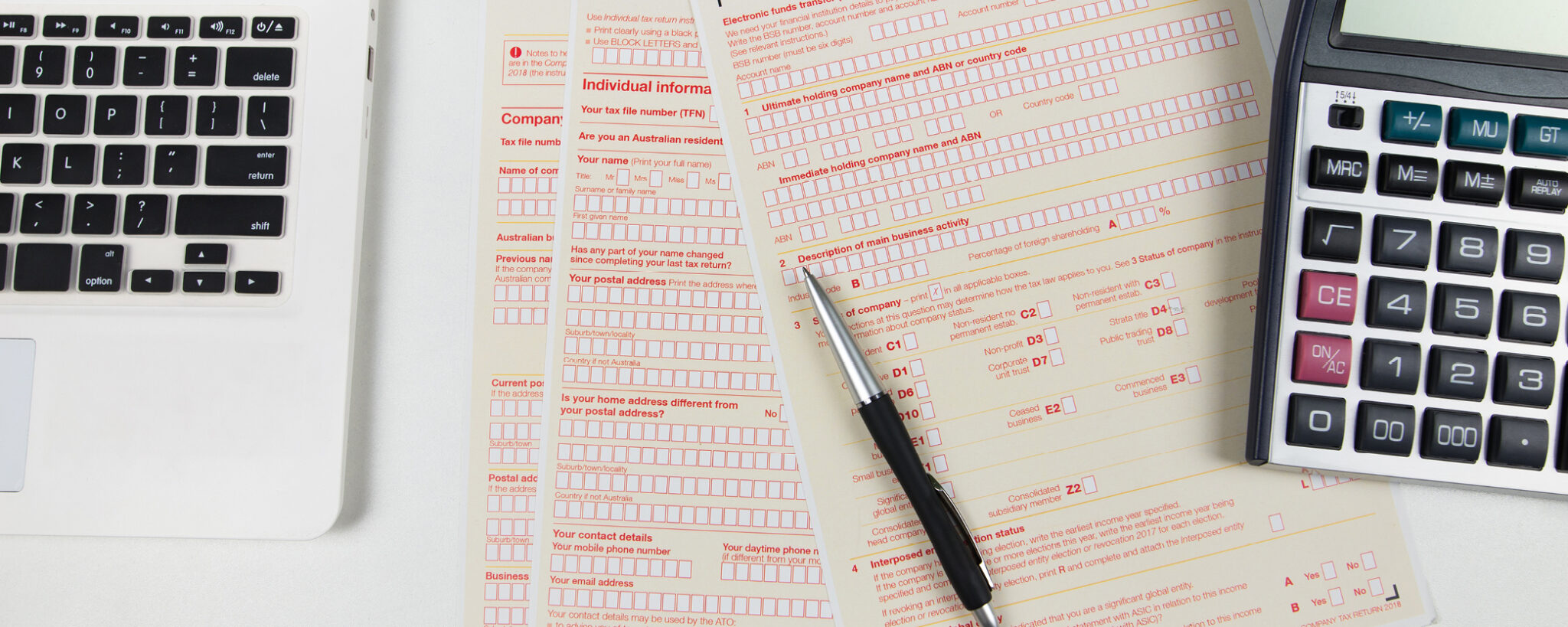
As the financial year draws to a close, one task if you’re a property investor is to prepare your income and cost statements to share with the tax department. Property investing is a tax-deductible exercise in Australia, so you have the potential to reduce your taxable income by declaring your expenses.
Here are some tips to help you be prepared at tax time.
1. Share your records
Throughout the year, every dollar you spend on your investment property should be kept track of so you can share the details with your tax accountant.
Your property manager should be able to help with this by keeping hold of receipts and other information. The details you will need to share at tax time include:
- Property management fees: Any fees paid to property managers for their services.
- Repairs and maintenance costs: Expenditure on repairs and maintenance to keep the property in good condition.
- Some loan costs: Interest payments and fees on loans taken out to finance the property may be tax-deductible (speak to your accountant for details).
- Council rates and strata fees: Charges associated with local council rates and strata fees for apartments or units.
- Insurance premiums: Premiums paid for insuring the property against damage or loss.
- Utilities: Costs for utilities such as water, gas and electricity (if not covered by tenants).
- Advertising costs: Expenses related to advertising the property for rent.
- Travel expenses: Travel costs incurred for property-related matters, such as inspections or meetings with agents.
If these expenses mean you have had financial loss over the year because of your investment property, you can note them in your tax return and reduce your overall taxable income.
2. Purchase a depreciation certificate
Depreciation is a tax deduction that allows property investors to claim the decline in value of assets over time. This can include the building structure (capital works) and the assets within the property (plant and equipment).
To capitalise on depreciation benefits, you can purchase a depreciation schedule from a qualified quantity surveyor (there should be plenty of providers in your city). This is a one-off expense, giving you a document that outlines the depreciation allowances applicable to various assets within the property.
Many investors fail to be clear on what’s depreciating in their investment property and this can cost them at tax time.
3. Work with a good accountant
The tax rules around investment properties are constantly changing and it can be confusing to try to handle everything on your own. Having a good accountant on hand will help you manage this area of your investment.
If you don’t have an accountant to help you declare your investment property income and deductions, ask your property manager who they recommend.
4. Beware of overclaiming
While claiming deductions is a legitimate aspect of property investment in Australia, overclaiming can attract unwanted scrutiny from the Australian Taxation Office (ATO).
Recent reports say property related expenses will be an area of focus for the ATO this year. The tax office will be keeping an eye out for excessive claims, such as where someone’s holiday house has been claimed as a rental property for the entire year.
If you occupy your investment property for part of the year yourself, be upfront with your accountant so they can prepare an accurate tax return.
As shared in the Sydney Morning Herald, Assistant Commissioner Rob Thomson said ATO analysis found nine out of 10 landlords were getting their income tax returns wrong. He explained that, “We often see landlords making mistakes when it comes to repairs and maintenance deductions on rental properties, so we’re keeping a close eye on this.”
Compliance with tax regulation is key as a property owner but you should still be able to use your investment to reduce your overall tax bill. Don’t forget the cost of a property manager is tax deductible, and your property manager is a key asset to help you keep track of all the costs related to your investment
Need a reliable property manager? Reach out to your local Professionals office today.







